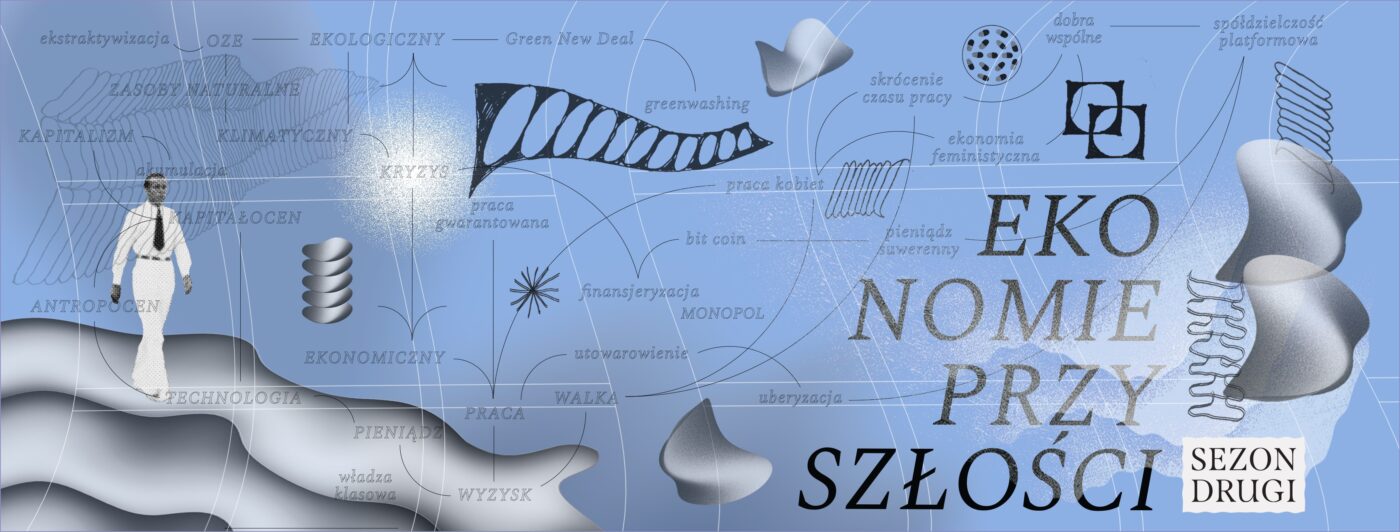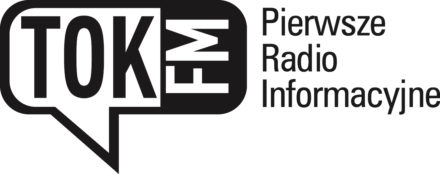Commons or communal goods – can we take care of them in the 21st century?
Lecture: Zofia Łapniewska PhD (UJ), moderator: Przemysław Wielgosz (LMD-PL)

Material and non-material commons on which our survival and quality of life depends, albeit so crucial, have been disregarded by economists for decades. Elinor Ostrom, laureate of the Sveriges Riksbank Prize in Economic Sciences in Memory of Alfred Nobel in 2009, devoted her first research to underground water reservoirs, and subsequent – to many shared natural resources around which local communities organised. Today, when the space around us shrinks, we notice that these goods are threatened while both standing against logging in primeval forests and developers awaiting a chance to snatch our park or other green spaces. We see them also in research institutes and universities where the privatization by big corporations endangers the collectively created vision. The same phenomenon for a while now has applied to the cultural heritage. The commons have become a tasty morsel for capitalism in crisis, and the situation paradoxically makes us aware that their behaviour constitutes a foundation of every society. But alongside protecting the already existing commons we can also create them ourselves – by building urban farms or joining the circular economy. What could 21st-century cities look like if we actively shaped them with available tools (e.g. participatory budgets)? What the COVID-19 pandemic teaches us and what should we see to in particular? We will try to answer these and other questions, based on examples from all over the world and projections for the future.
Information
The meeting will be held in the Biennale Warszawa venue at 34/50 Marszałkowska Street (MA3450). The participation is free, but the number of places is limited and prior registration is required (open until 17.09.2020). Please register via the application form available on our website. Kindly provide a short justification (up to 1000 characters including spaces) which we will use to select the participants who will be informed via e-mail.
Due to the pandemic sanitary regime, the number of places is severely limited. Therefore, we would like to ask that only people certain they will attend register for the event. Thank you.
Both the meeting and the subsequent discussion will be recorded.
We will be streaming the event online on our YouTube and Facebook channels.
Safe at Biennale
We are glad that you want to visit us. Comfort and safety of our visitors and employees are important to us.
What can you do?
Cover your nose and mouth, Use personal protective equipment (a mask, a scarf, or a visor). If you forgot to take one with you, we will give you a disposable face mask.
Use disinfectant on your hands before you enter.
Check your body temperature. If you are in doubt about your wellbeing, you can use our electronic thermometer to take your temperature.
Keep the safe distance. Take note if the distance between you and another visitor or a Promoter is greater than 1.5 meters.
Please adhere to the limit of people allowed in the exhibition space at the same time.
Fill out the survey. It will help us adjust Biennale to your needs.
What are we doing for you?
We provide protective measures. Disinfectant is available on each floor. If need be, we can provide a disposable face mask.
We regularly disinfect and air our space.
We take our temperatures before we start working.
We introduced a limit of visitors. At any one time, the venue can be attended by 15 visitors.
The cloakroom and the coffee-and-tea corner are currently not in use.
| Data | Czas | Tytuł | Miejsce | Wstęp |
|---|---|---|---|---|
|
September 22 2020
, 18:00
Tuesday
|
18:00 |
Commons or communal goods – can we take care of them in the 21st century? |
Biennale Warszawa 34/50 Marszałkowska Street (MA3450) |
Registration is closed |

